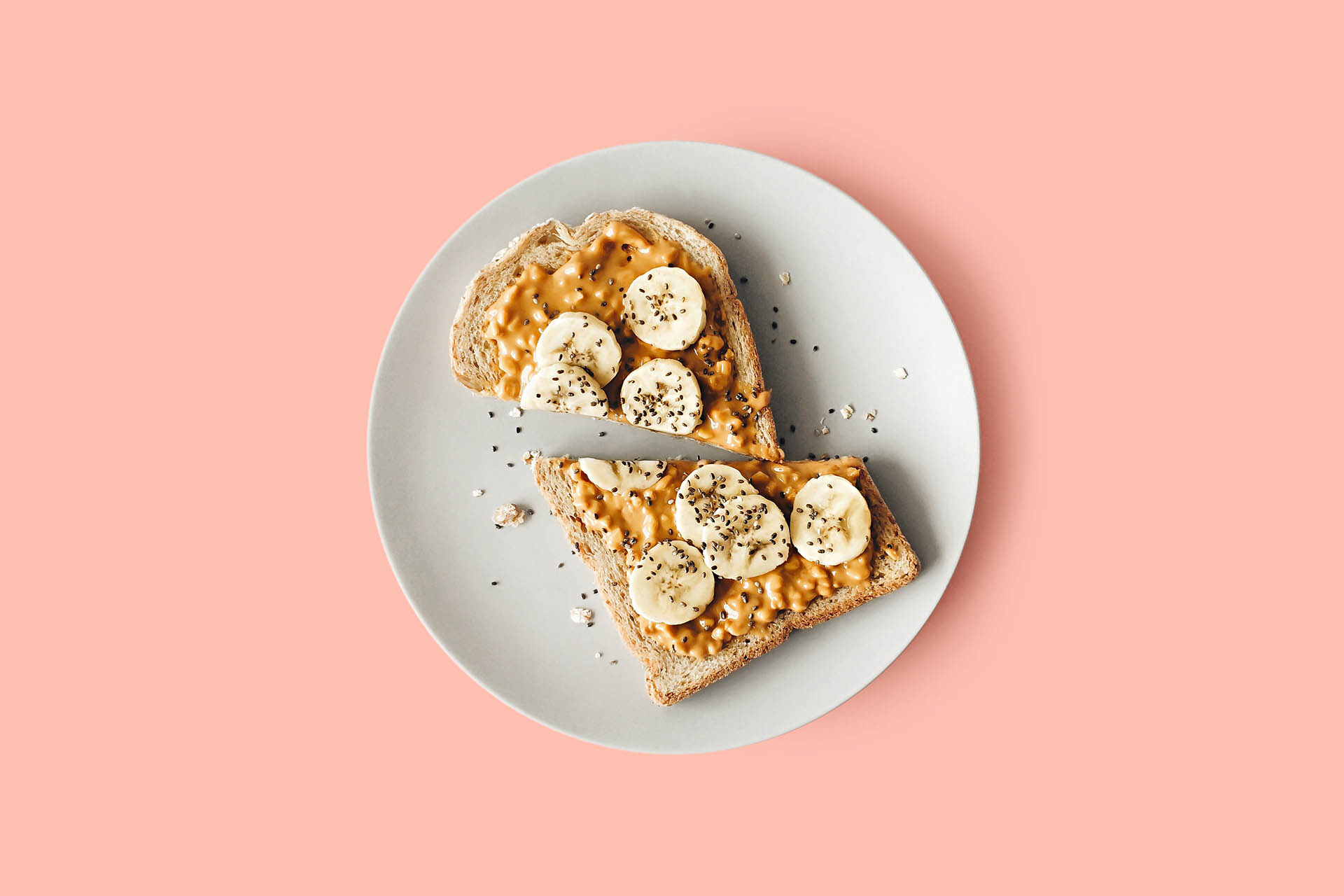If you want to better your performance during exercise and help your body to recover more quickly afterwards, let’s talk pre-workout nutrition.
As promised in our past blog about post-workout nutrition, here are some tips to help you prepare yourself nutritionally before exercise, so you can give your best performance in the gym!
Why Eat a Pre-Workout Meal?
Eating a nutritionally balanced pre-workout meal provides you with the energy you need to smash it in the gym. It helps to maximise performance by giving you energy and strength, and also minimises muscle damage. But not eating enough, or eating the wrong food can leave you feeling tired.
It’s important to remember that a pre-workout meal is different for everyone depending on the type of workout you’ll be participating in, and your own goals.
Top Tips for Pre-Workout Foods
Your pre-workout meal should contain a balance of macronutrients to help your body to function properly whilst exercising. The three main macronutrients are protein, carbohydrates and fat. All three are very important key sources of energy!
As we’ve mentioned, what exactly you need to eat depends on the type, intensity and duration of the workout you plan to do, as well as your individual fitness goals.
The different macronutrients are more suited to different forms of exercise:
Carbohydrates = if you’re going to be training hard for a sustained period of time, carbs can quickly be broken down into glycogen, which your muscles use as fuel.
There are two different types of carbohydrates – simple carbs and complex carbs. To put it simply, complex carbs contain more nutrients than simple carbs. They also contain more fibre and digest more slowly, often leaving you feeling more full. Some good complex carbs to eat are: whole grains, fruit, vegetables and beans. On the other hand, simple carbs are things like breakfast cereal, fruit juice from concentrate, baked treats and fizzy drinks.
Fat = if you’re taking part in endurance exercise, your body is more likely to start burning fats (as well as carbs), so you should include these in your pre-workout meal.
Protein = if you’re looking to build muscle, foods rich in protein can help you along!
Timing
The timing of your pre-workout meal is important if you want to be as effective as possible. And what you choose to eat changes the best time to eat it.
What to eat 2-3 hours before a workout:
Experts recommend you eat a complete meal containing complex carbohydrates, protein and fat to maximise the results of your training and in this case, you should consume your meal 2-3 hours prior to exercise.
Here are some simple meal ideas:
- A sandwich with lean protein (e.g. chicken) on wholegrain bread with a side salad (great for the warm weather!)
- An egg omelette with wholegrain toast, topped with avocado spread and some fruit to go with it
- Lean protein, brown rice and roasted vegetables
What to eat less than 2 hours before a workout:
If you don’t have that much time, you could eat a smaller amount of simple carbohydrates and then you’d only need 30-60 minutes between eating and exercising. This is because it takes the body longer to digest complex carbohydrates compared to simple carbohydrates.
Here are some simple meal ideas:
- A protein smoothie with milk, protein powder, banana and mixed berries (when it’s hot, add some ice cubes to make sure it’s extra cold!)
- Wholegrain cereal and milk
- Oatmeal topped with banana and sliced almonds
- Natural almond butter and jam on wholegrain bread
Hydration is Key!
Although a key component, pre-workout nutrition isn’t all about food. It’s so important to stay hydrated as well!
Your body needs water to function, so it’s logical that good hydration has been linked to sustained and even enhanced performance, whilst dehydration has been seen to decrease sporting performance.
Experts recommend consuming a mix of water and salt before exercise to improve your fluid balance and prevent excessive fluid loss.
What about supplements?
Many athletes will use supplements as part of their pre-workout meal. They’re not essential, but can be beneficial!
One of the most commonly used supplements within sport and exercise is creatine which has been shown to delay fatigue, amongst other benefits.
Caffeine has also been shown to reduce feelings of fatigue, improve performance, increase strength and power, and even stimulate fat burning! Regardless of how it’s consumed, the way it impacts your performance tends to be the same. Caffeine can have an impact after as little as 15 minutes after ingestion, but it’s thought that its peak effects are seen after 90 minutes.
Looking for more nutrition advice?
As pre-workout meals are so personal to you, it can be tricky to know exactly what to eat! Luckily for you, our very own Sarah is a qualified Level 3 Diet and Nutrition Specialist who can help to guide you. To find out more, drop in for a chat or send us an email.


